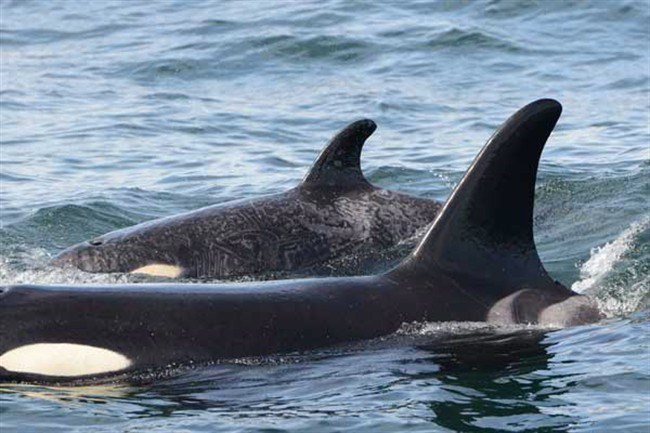The lack of a single organization to manage Canada’s ocean research is putting the country at risk of lagging behind other nations and preventing scientists from efficiently pooling resources, says a new report.
“The core message is that Canada does not have a mechanism for co-ordination of its ocean science,” said Howard Brunt, vice-president of research at the University of Victoria and a member of the group that requested the report from the independent Council of Canadian Academies.
The report, Ocean Science in Canada: Meeting the Challenge, Seizing the Opportunity, assesses the state of ocean science in Canada and addresses issues such as human capacity, infrastructure, funding and scientific collaboration.
It found a lack of a national vision for ocean science and a lack of co-ordination among organizations conducting research, and said Canada’s substantial research fleet is in need of renewal.
>>Story: Victoria MP Murray Rankin touts report in House of Commons
Brunt said he hoped the report provides a catalyst to co-ordinate a national organization and strategy on ocean research that unites universities with all levels of government and private industry.
“This would help Canada get a greater benefit out of our oceans and also better protect our oceans,” said Brunt, who sits on the steering committee of the nine-member Canadian Consortium of Ocean Research Universities, which requested the report.
For example, he said, UVic has world-class instrumentation observing the ocean on the Pacific coast, while universities like Memorial in Newfoundland and Dalhousie in Nova Scotia have their own expertise in the Atlantic.
“Wouldn’t it be better to develop the ability to pull that information together to address some of the pressing challenges we’re facing,” he said, using tanker traffic and marine safety as an example. “We could learn from what they’re doing.”
Martin Taylor, a member of the expert panel that produced the report and the founding president of UVic’s Ocean Networks Canada, which operates the NEPTUNE and VENUS ocean observatories, agrees with Brunt that the first step should be a national strategy to guide future collaboration and investment.
The report’s findings highlight both Canada’s legacy as a leader in ocean research and areas that need investment, Taylor said.
“A key part is our research fleet,” he said. The report notes aging research vessels and a lack of access to private and government vessels. “Also, many who have been leaders in this legacy are close to retirement. We need to refresh that cohort.”
The federal Department of Fisheries and Oceans did not reject the idea of a national body, saying: “We look forward to working with our partners to explore how we can collaborate more effectively to address current and future challenges in ocean science research.”
The statement said the department is procuring new offshore fisheries science vessels and an offshore oceanographic science vessel, citing the $5.2-billion renewal of the coast guard fleet as evidence of investment in safety in the country’s waterways.
Karen Wristen, executive director of Living Oceans marine conservation society, said she was glad to see the report.
“The cuts we’ve suffered are unprecedented, and if the government is in such a state of flux they can’t say what their capacity is in research, this needs to be addressed,” she said.
Read the report at www.scienceadvice.ca



